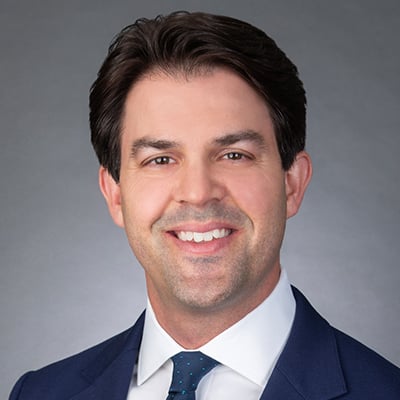Kirkland & Ellis Prune Subclass from Hess Corp. Class Action
In this article from Texas Lawyer, partners Dan Donovan, Ragan Naresh and Ross Powell and associate Gabi Durling were recognized for their recent win for client Hess Corp. in an oil and gas royalty fees dispute in North Dakota.
A subclass of plaintiffs in an oil and gas royalty fees dispute in North Dakota was eliminated from a class action against New York-based Hess Corp.
The Aug. 13 order from U.S. District Judge Daniel L. Hovland of the Western District of North Dakota granted a Hess motion to strike a group of plaintiffs that alleged Hess made late royalty payments without paying 18% interest on the late payments.
Two other subclasses in the class action were not considered—the plaintiffs’ complaints also address those who contest certain royalty deductions by Hess as excessive and unreasonable, and those who claim breaches of contractual obligations on certain mineral rights leases.
The consolidated plaintiffs include Ronald Penman and others similarly situations, Adelante Oil & Gas LLC of Durango, Colorado, and Sandy River Energy LLC.
The legal team for plaintiffs includes George Barton and Stacy Burrows of Barton and Burrows in Mission, Kansas, and Joshua A. Swanson and Robert B. Stock of Vogel Law Firm in Fargo, North Dakota. They did not respond to requests for comment.
Hess is represented by Daniel Donovan, Ragan Naresh, Ross Powell and Gabi Durling of Kirkland & Ellis, and by Paul Forster and Zachary Eiken of Crowley Fleck.
Hess argued that because the late-payment class definition did not account for the federal statute’s safe-harbor provisions, some subclass members lacked standing. Hess also argued the subclass could not satisfy the predominance and typicality requirements.
Judge Hovland noted that plaintiffs opposed the motion on procedure and substance, arguing federal rules of civil procedure bar the motion because Hess has already moved to dismiss. Plaintiffs also argued the subclass should not be struck during pleadings because discovery would produce information supporting certification.
Hovland first determined the court could consider the motion at this stage. He then determined certain of the subclass members did lack standing.
“The class definition fails to account for the safe harbor provisions … which provide that penalty interest does not accrue under certain circumstances,” such as when mineral owners elect to take their share of production in kind; a dispute of title that affects distribution of royalty payments; or where a mineral owner cannot be located by the operator, Hovland said.
“By including ‘all persons or entities’ to whom Hess has hot remitted royalties … the class definition necessarily includes class members whose payment were lawfully suspended due to safe harbor provisions,” the court order states.
Responding to plaintiffs’ argument that the court should wait until after discovery to decide, Hovland said no amount of discovery will cure a class defined to include members without standing.




